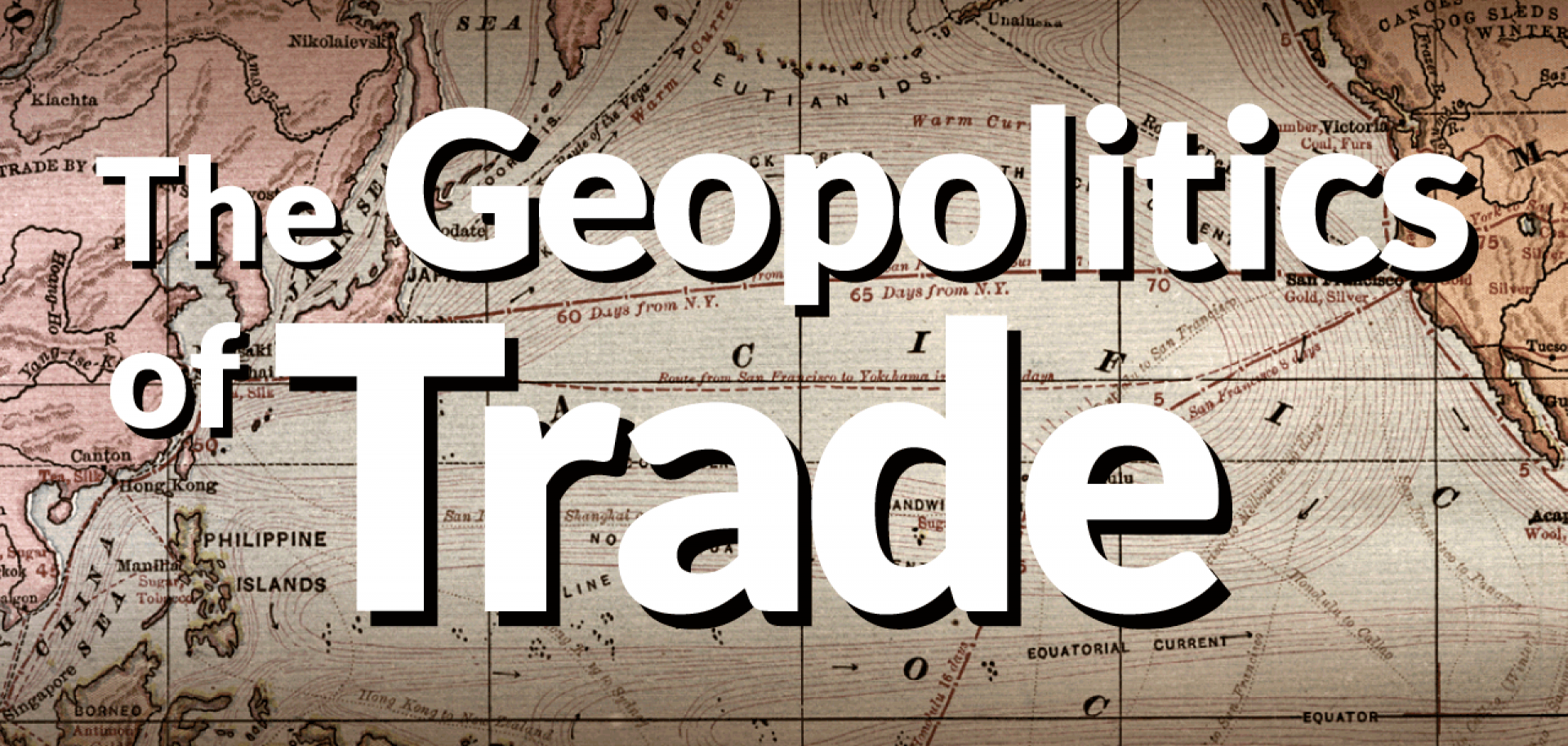Rising impediments to digital trade and cross-border data flows are leading to increasingly complex and costly regulations that could slow economic gains and potentially hinder global innovation, with smaller companies generally at greatest disadvantage. At least three distinct but related sets of data, cybersecurity and digital services regulations are increasingly impeding cross-border data flows, posing challenges to both traditional and digital trade, and effectively functioning as nontariff barriers. First, most governments worldwide are progressively enacting data localization rules, which mandate that data collected within a certain country or region be stored and processed within national borders. Many of these policies also combine local storage requirements with restrictions or full prohibitions on data outflows. Second, countries are adopting varying cybersecurity requirements -- such as encryption standards, specific security certifications or security mandates for data storage -- that can impede cross-border data flows or digital trade more broadly. Third, digital service taxes,...

